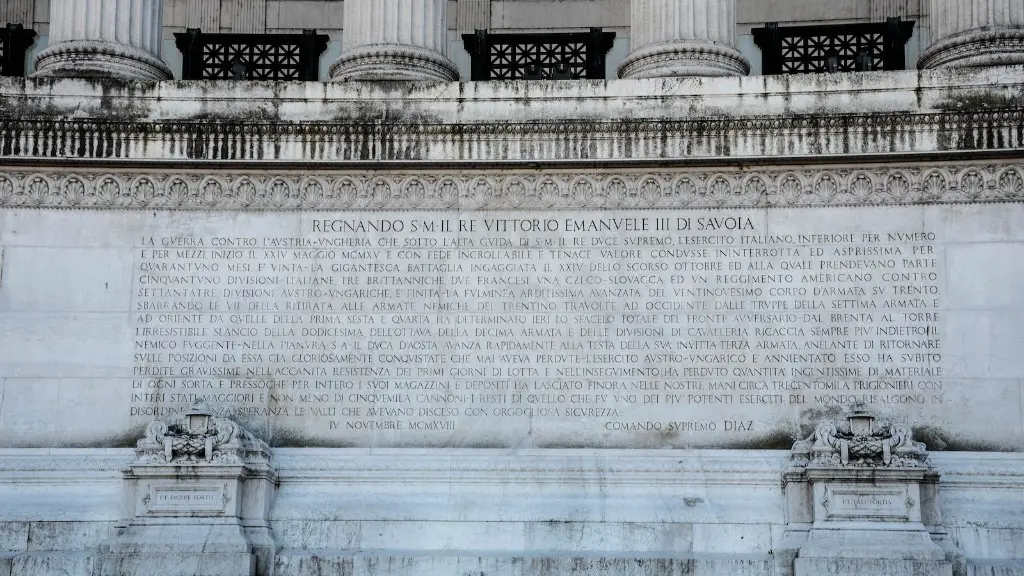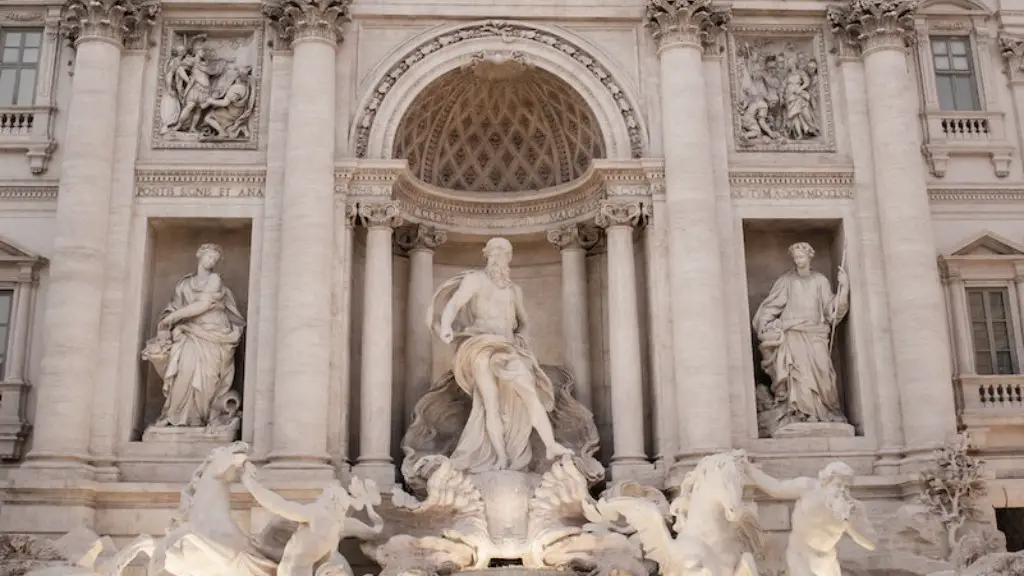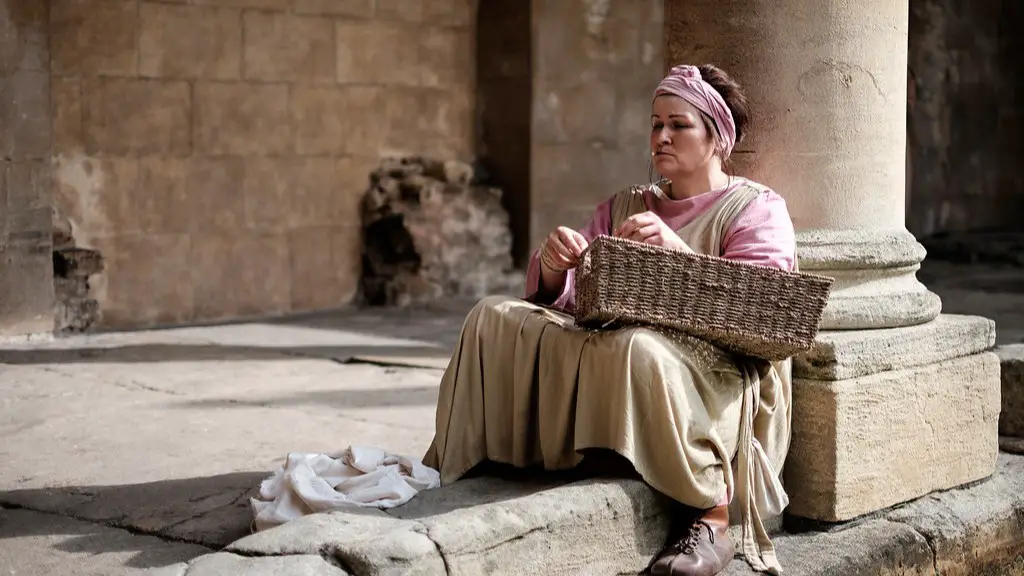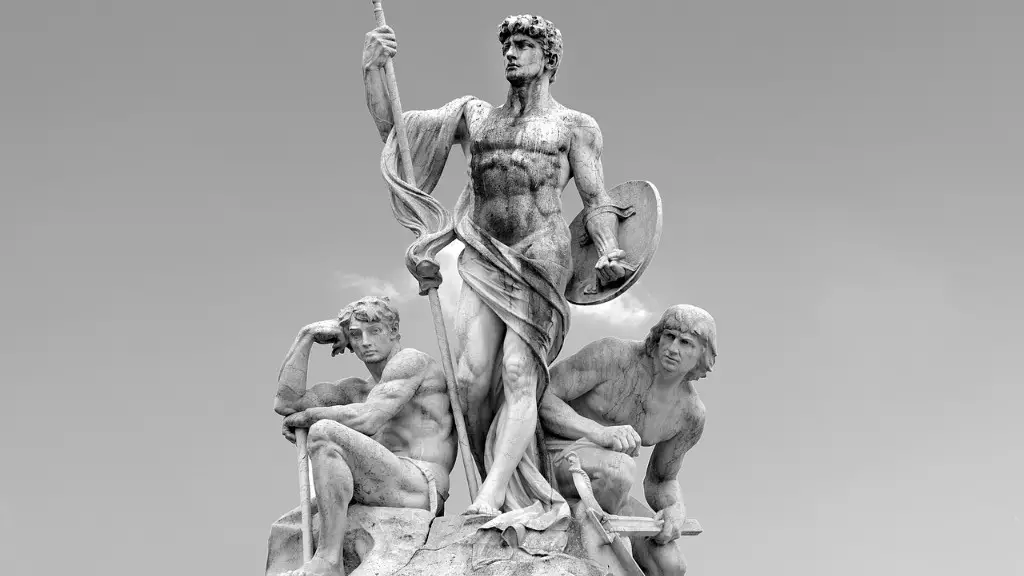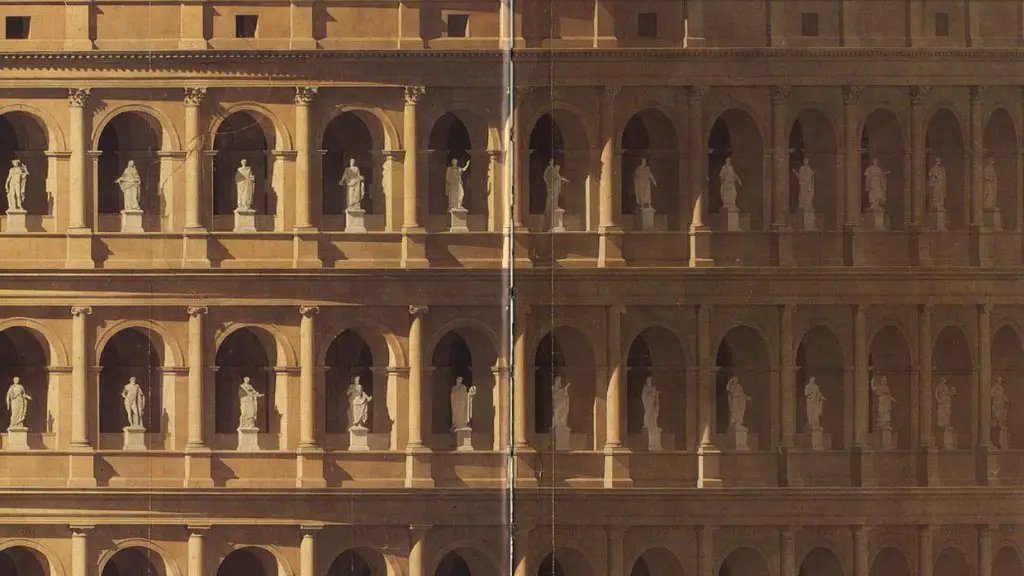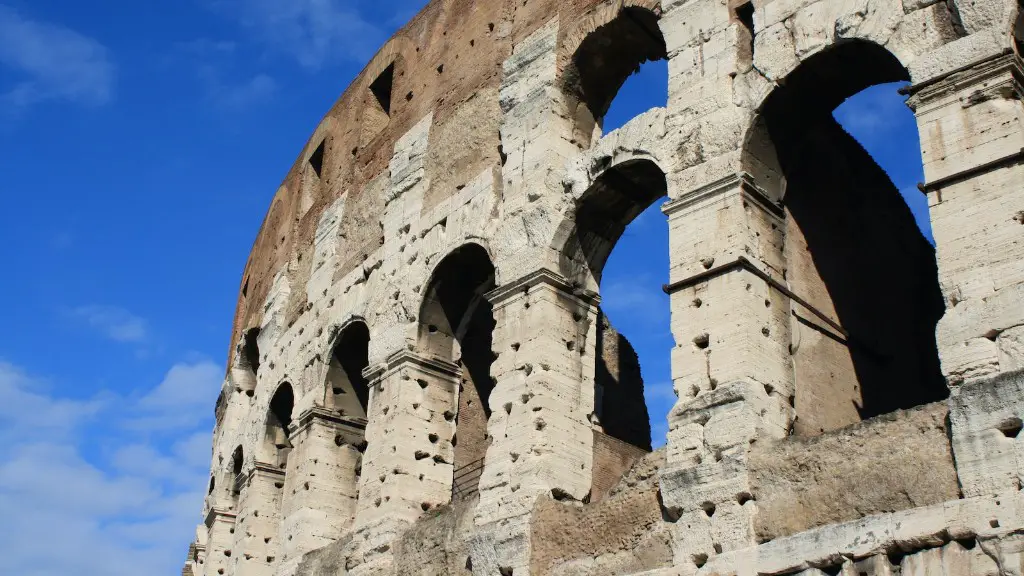Ancient Rome was the beginning of an era that would later drastically shape the world’s largest religions. The city was a melting pot of different cultures since its foundation, and beliefs were intertwined with religion and government.
Rome was home to paganism, a polytheistic religion with hundreds of gods and goddesses in its pantheon. Alignments with gods were used to sanctify the vast political and legal infrastructure that the Roman Republic and later the Roman Empire were built upon.
The Roman Temple was the heart of pagan religion. Unlike other religions, however, Rome didn’t have a single, unified church or temple. Practitioners of the religion could officiate their own ceremonies and build their own temples out of the public sight.
The ancient Romans believed in a large variety of gods and goddesses. The most well known ones are Jupiter, Mars, Juno and Minerva. Many of the gods had their own temples, shrines, and festivals, which helped to spread their influence.
By the second century, the Roman Empire had begun to expand, and with it, its reach and influence, especially into the Middle East. As cities were colonized or conquered, ideas, religions, and cultures were mixed together. Two of the most affected cities were Jerusalem and Alexandria.
As Christianity began to spread, it encountered not only paganism but also Judaism and various forms of Hellenism. This led to the amalgamation of beliefs, which was what would eventually become the mainstream Christian faith.
The Roman Empire had a policy of religious tolerance, something that was essential for an empire as vast and far-reaching as Rome’s. However, despite this, paganism was seen as a threat to the growing Roman Empire, and soon it faced a decline with countless temples destroyed.
By the 4th century, Christianity had become the official religion of the Roman Empire and paganism was widely pushed out. This was a major turning point in the history of the region and the world and ushered in a new era of religious thought.
The Roman Church
The Roman Church was the main religious body during this time and was founded by the Emperor Constantine. It provided a strong institutional infrastructure that was necessary for the coordination of the imperial government. The Church focused heavily on preserving and defending Christian doctrines, and it also helped to spread the faith throughout the empire.
The Roman Church was also responsible for devising the first version of what is now known as the Nicene Creed, which set out all of the essential doctrines, such as the Trinity, and reaffirmed the Church’s core beliefs. This codified the Christian religion and ensured that it was spread consistently throughout the empire.
The main role of the Roman Church was to ensure that paganism didn’t reemerge as a popular belief in the Empire. The Church kept a tight grasp on religious practice and ensured that Christianity was the only officially accepted religion. As such, it was incredibly powerful and had vast influence over the Roman Empire.
Consequences
The acceptance of Christianity in the ancient Roman Empire led to some lasting consequences. For one, it allowed the Church to take control of many aspects of Roman life. It also meant that Christianity had a much larger influence on Europe and the Americas, as it was brought over by those who emigrated to the New World.
The acceptance of Christianity in the Empire was also a major turning point in the history of religion. Not only did it redefine many of the beliefs and practices that were present in the ancient world, but it also helped to shape systems of government and law throughout Europe and the Americas.
Though Christianity emerged as the main religion of the Roman Empire, there were still many practices and beliefs from the polytheistic Roman religion that were able to survive. For example, the Roman celebration of the New Year still takes place in the form of the Christmas holiday and is celebrated by many around the world.
The lasting legacy of Ancient Rome’s introduction of Christianity is its influence on the world today. As the bedrock of the western civilization, Rome’s beliefs and practices still shape our lives and inform our beliefs.
The Impact of Christianity
The introduction of Christianity in the Roman Empire had a major impact on the way the world viewed and understood religion. In the ancient world, religion was closely intertwined with politics, but Christianity challenged this notion and instead viewed religion as something more personal.
The acceptance of Christianity in the Roman Empire also helped to unify the empire despite its vast expanse. As Christianity spread far and wide, it became the cornerstone of European and American societies. This caused a catholic way of thinking to emerge and eventually gave rise to the development of the State.
Finally, the introduction of Christianity in the Roman Empire also helped to unite people of different beliefs and backgrounds under a shared set of values and beliefs. This was something that was largely absent in the pagan world and helped to shape the modern world.
The Legacy of Roman Religion
Though Christianity ultimately became the main religion of the Roman Empire, elements of the religion that had come before were still present. This included aspects of paganism, such as the celebration of Holidays such as Saturnalia.
The introduction of Christianity in the Roman Empire also helped to elevate the status of women in society. Under the Christian Church, for example, women were allowed to serve as clergy and were given a much higher social standing than they had under paganism.
Though Christianity replaced paganism as the main religion in the Roman Empire, its legacy still lives on even today. Elements of the ancient religion such as its deities, souls, and festivals still have an influence on the religions and cultures of the modern world.
Conclusion
Ancient Rome was home to various religions, with paganism as the main religion of the Roman Empire. Christianity eventually replaced paganism, however, leading to lasting consequences and shaping the world’s religious landscape. Though paganism was largely replaced, its legacy still lives on in many aspects of the modern world.
